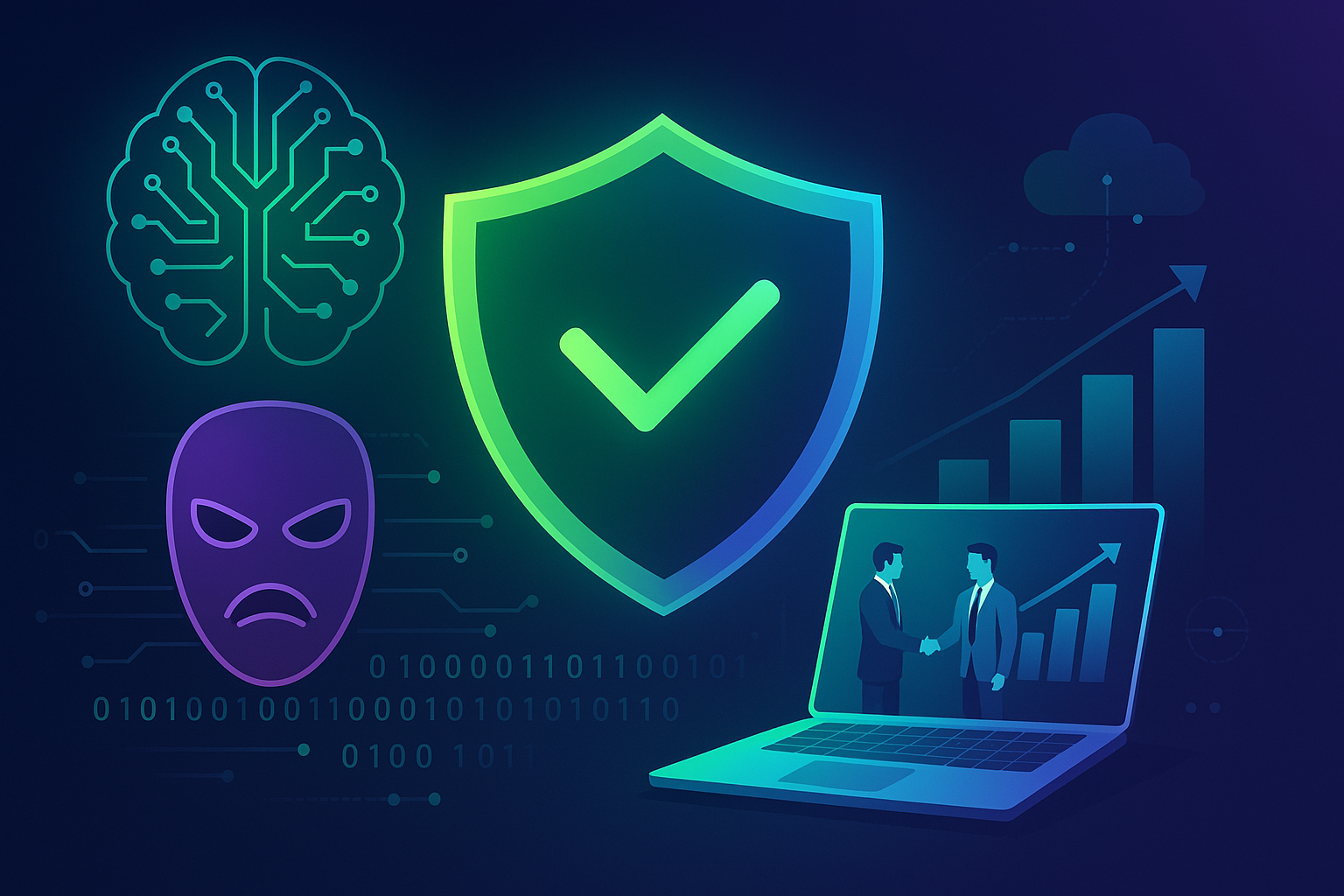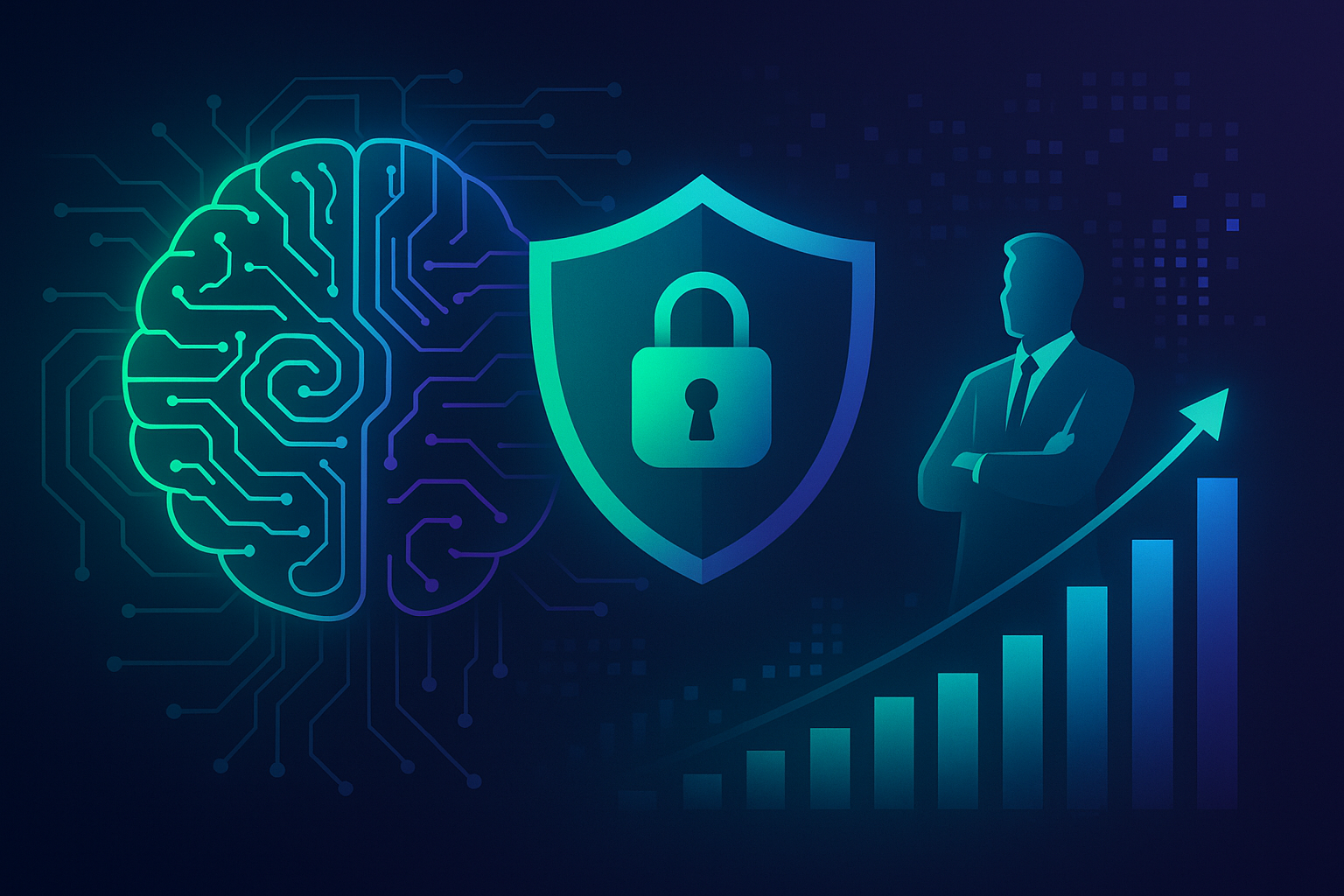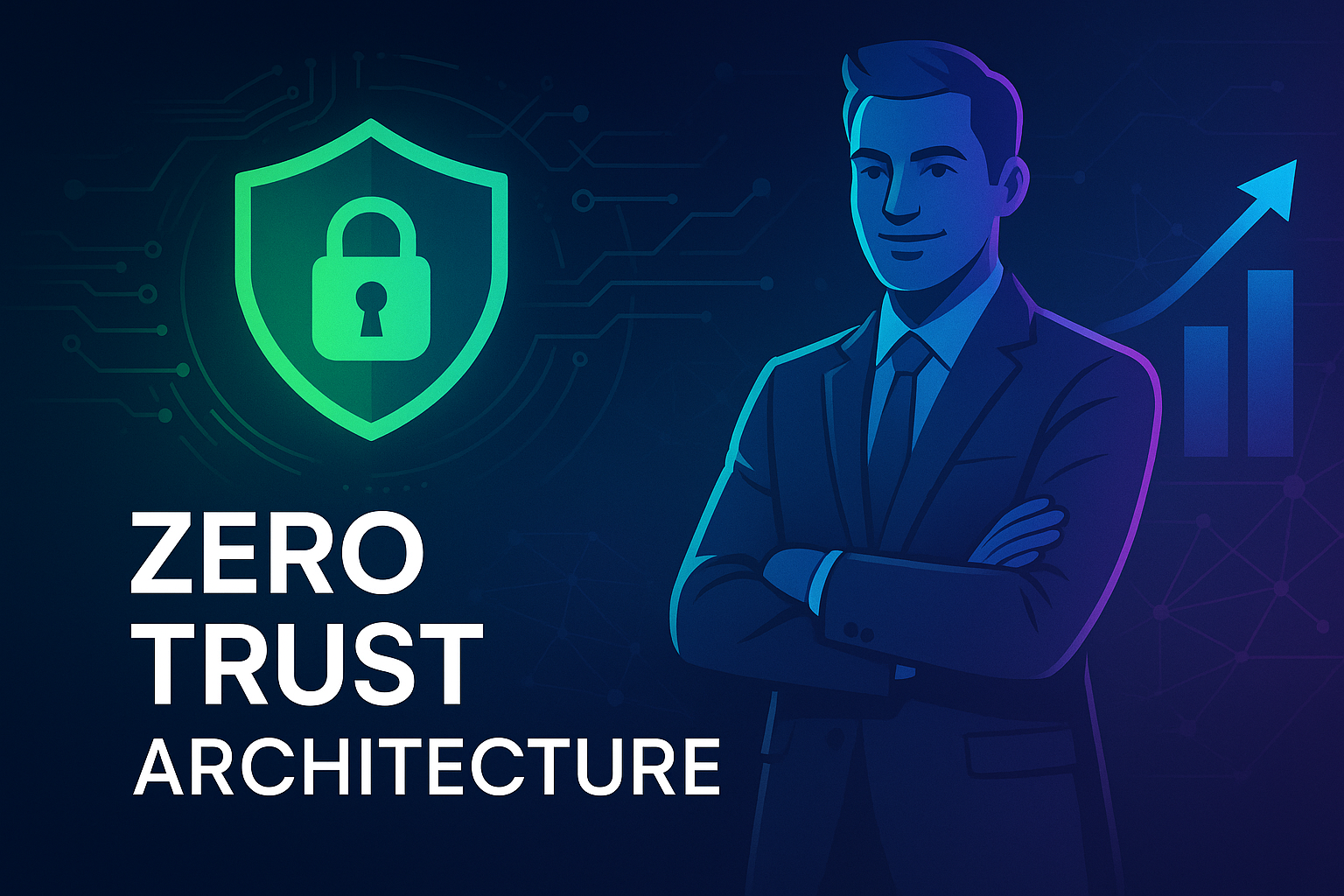Romania Cancels Presidential Election: Implications and Cybersecurity Challenges
On December 16, 2024, Romania shocked both its citizens and international observers by announcing the unprecedented cancellation of its presidential election. This significant action comes amidst reports of potential cyber threats and security vulnerabilities that could compromise the integrity of the electoral process. As companies and individuals alike try to comprehend the implications, it is crucial for us at Hodeitek to analyze this event deeply, elucidating its context within cybersecurity, especially for stakeholders in the EU, including Spain.
Understanding the Decision to Cancel
The Romanian government’s decision to halt the presidential election is reportedly driven by concerns over security, particularly regarding sophisticated cyber threats that could distort the electoral outcome. In today’s digital age, such fears are not unfounded. Cybersecurity threats, such as advanced persistent threats (APTs), ransomware attacks, and disinformation campaigns, have the potential to erode democratic processes worldwide.
Sources within the Romanian cybersecurity agency cited multiple attempts at breaching the electoral system, prompting an urgent need to evaluate their cybersecurity posture. It is a clear reminder of the modern challenges democracies face from criminal entities and state-sponsored hacking groups determined to influence political landscapes.
Cybersecurity: A Key Player in National Security
The events in Romania underscore the critical role of cybersecurity in maintaining not just digital, but also national security. Electing national leaders via a secure, unyielding electoral process is a cornerstone of democracy, and ensuring the integrity of this process requires robust cybersecurity measures.
Exploring Hodeitek’s Cybersecurity Solutions
At Hodeitek, we offer comprehensive cybersecurity services designed to protect organizations from threats akin to those faced by Romania. Our offerings include:
- EDR, XDR, and MDR: These endpoint detection response, extended detection response, and managed detection response services heighten your organization’s capability to detect and respond to threats rapidly, minimizing potential damage.
- Next Generation Firewall (NGFW): NGFWs integrate additional functionalities such as intrusion prevention systems and application awareness for enhanced network traffic filtration beyond standard stateful inspection.
- Vulnerability Management as a Service (VMaaS): This proactive service identifies vulnerabilities within your system before they can be exploited, thus preemptively strengthening your security posture.
- SOC as a Service (SOCaaS) 24×7: Our SOCaaS provides round-the-clock monitoring and incident response, ensuring that any unauthorized access attempts or anomalies are swiftly dealt with.
- Cyber Threat Intelligence (CTI): Utilize real-time threat intelligence to preempt threats before they impact your organization, drawing from global threat data to keep your defenses agile.
- Data Loss Prevention (DLP): This service helps safeguard against data breaches by monitoring and controlling data at rest, in use, and in motion, thus preventing unauthorized data access.
- Web Application Firewall (WAF): WAFs protect web applications by filtering and monitoring HTTP traffic between a web application and the Internet.
Real-World Consequences and Strategic Responses
The impact of Romania’s electoral cancellation extends beyond immediate political ramifications, pointing to a wide array of consequential cybersecurity considerations for enterprises. Businesses are reminded of the vulnerability present in interconnected digital systems, making a strong case for proactive cybersecurity measures.
Statistics from recent studies illustrate the growing threat landscape. According to a report from Cybersecurity Ventures, cybercrime damages are predicted to hit $10.5 trillion annually by 2025, up from $3 trillion in 2015. This highlights an impressive increase in the sophistication and frequency of cyberattacks.
Mitigating Risks with Cybersecurity Best Practices
To address these ever-evolving threats, organizations should adopt a strategy that encompasses detection, protection, and response:
- Proactive Monitoring: Using services like SOCaaS ensures constant vigilance over organizational security networks.
- Incident Response Planning: Companies should have a clear, detailed plan in place for swiftly managing and mitigating incidents.
- System Hardening: Regular updates and patches in line with vulnerability management best practices, such as our VMaaS solution, are essential.
The Path Forward: Enhancing Cyber Resilience
Given the severity of the situation in Romania, it is imperative for organizations worldwide to reassess their current cybersecurity measures. Strong defenses against cyber threats not only protect private entities but support the resilience of democratic processes globally.
In conclusion, while Romania’s decision to cancel its election underscores significant cybersecurity challenges, it also highlights an opportunity for organizations to bolster their defenses through strategic partnerships with providers like Hodeitek. By prioritizing cybersecurity, businesses can safeguard their operations while contributing to the broader goal of preserving democratic integrity.
For more information about how Hodeitek can assist your organization in bolstering its cybersecurity posture, please contact us today and explore our comprehensive range of services.
Take Action Now: Reinforce your defenses with cutting-edge cybersecurity solutions to protect your organization against emerging threats.






